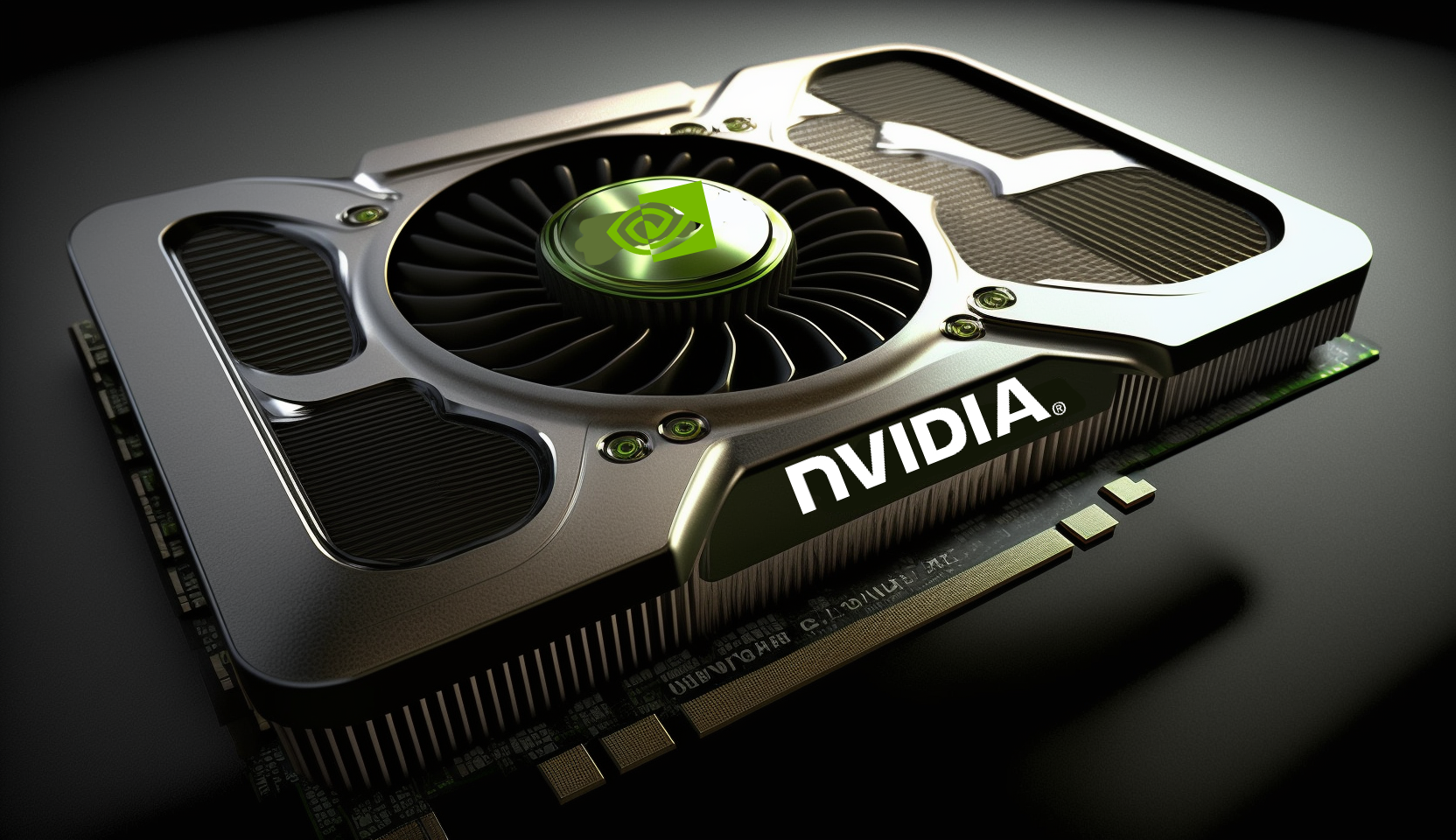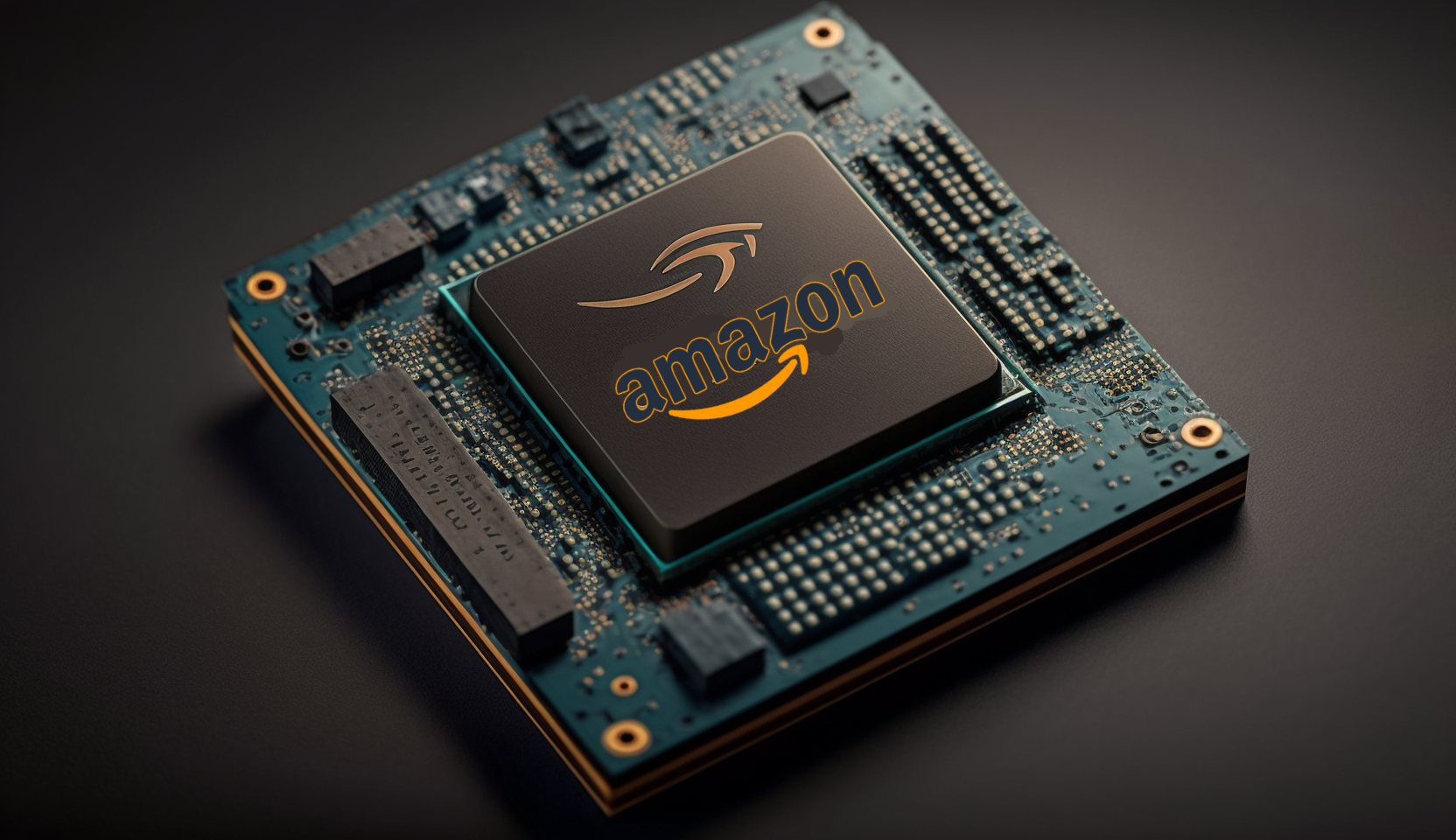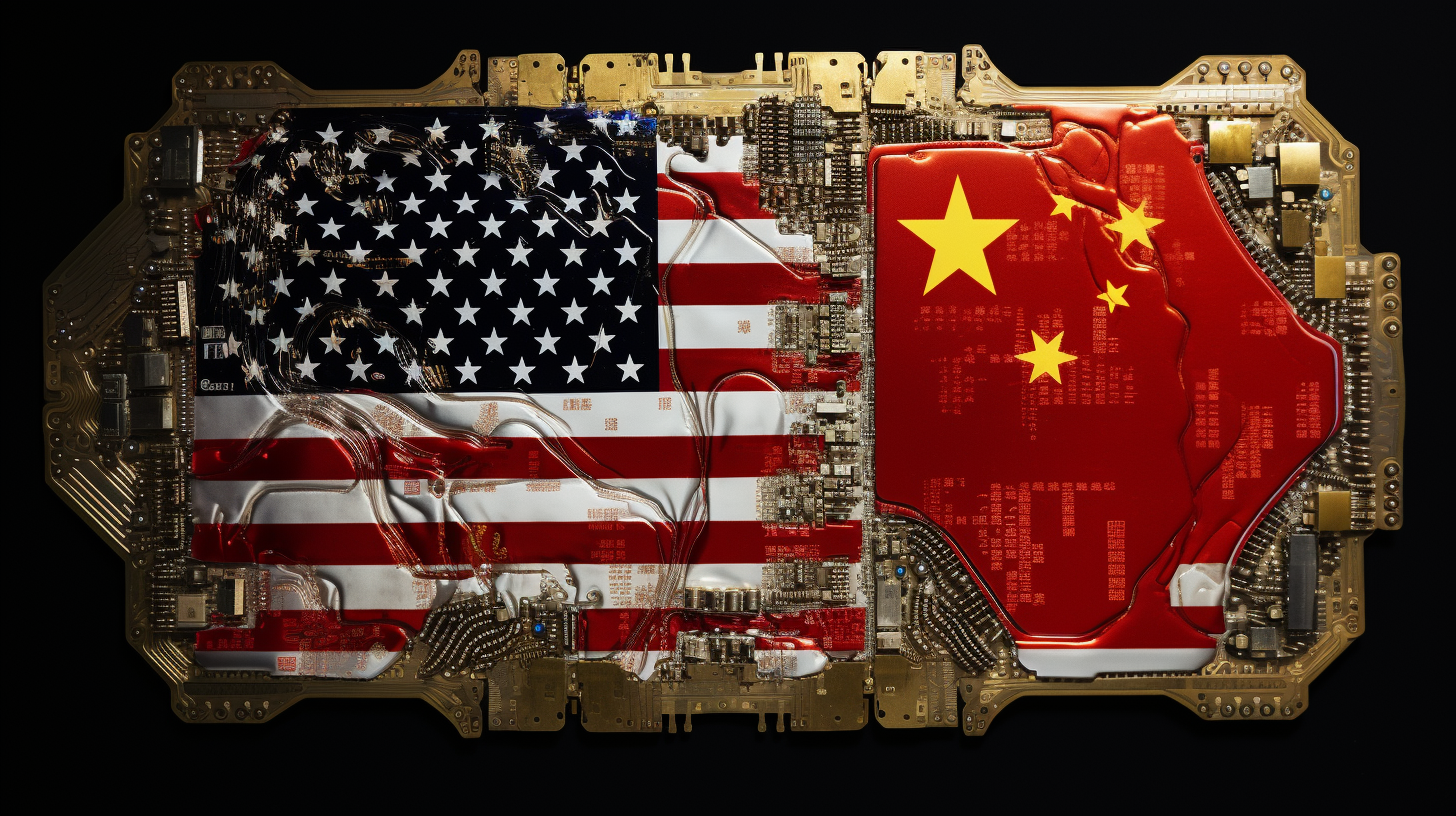Nvidia’s meteoric rise over the past few years highlights the immense potential in tech for investors willing to bet on innovation. Revenue for the graphics chipmaker was up over 50% in 2021 alone, thanks to soaring demand for its AI, cloud computing, autonomous vehicle, and gaming technologies.
The company’s latest earnings release showed just how much it is dominating key growth markets – Q4 2022 revenue was up a staggering 410% for its data center segment driven by AI. Margins also expanded massively to 76%, exhibiting Nvidia’s ability to generate huge profits from the AI chip boom.
Experts point to Nvidia’s success as a sign that we’ve reached a tipping point for AI, with virtually every industry looking to incorporate these technologies. The market for AI is expected to reach hundreds of billions in value each year. Nvidia’s tech leadership has it positioned perfectly to ride this wave.
For investors, the rapid growth of Nvidia and other tech innovators signals enormous potential. The key is identifying tomorrow’s leaders in promising emerging tech sectors early before growth and valuations take off.
AI itself represents a massive opportunity – from autonomous driving to drug discovery to generative applications. Other sectors like robotics, blockchain, VR/AR, andquantum computing are likewise seeing surging interest and could produce the next Nvidias.
Savvy investors have a chance to get in early on smaller startups riding these trends. Finding the most innovative players with strong leadership and competitive advantages should be the focus.
Take AI chip startup SambaNova for example. With over $1 billion in funding, partnerships with Nvidia itself, and cutting-edge technology, it is making waves. Or intelligent robotics leader UiPath, which saw its valuation double to $37 billion since 2021 on booming demand.
These younger companies can prosper by carving out niche segments underserved by giants like Nvidia. With the right strategy and execution, huge returns are possible through acquisitions or public offerings.
However, risks are inherently high with unproven tech startups. Investors must diversify across enough emerging companies and accept that many will fail. Some may also get caught up in hype without real-world viability. But those that succeed could deliver multiples of whatever tech titans like Nvidia offer today.
The key is focusing on founders with real vision and avoiding overpriced valuations. But for investors with the risk tolerance, the bull market offers a prime moment to back potential hyper-growth tech winners early on.
Nvidia’s rise shows what can happen when transformative tech takes off. Opportunities abound to find the next Nvidia-like success if investors are willing to ride the wave of innovation in tech.





